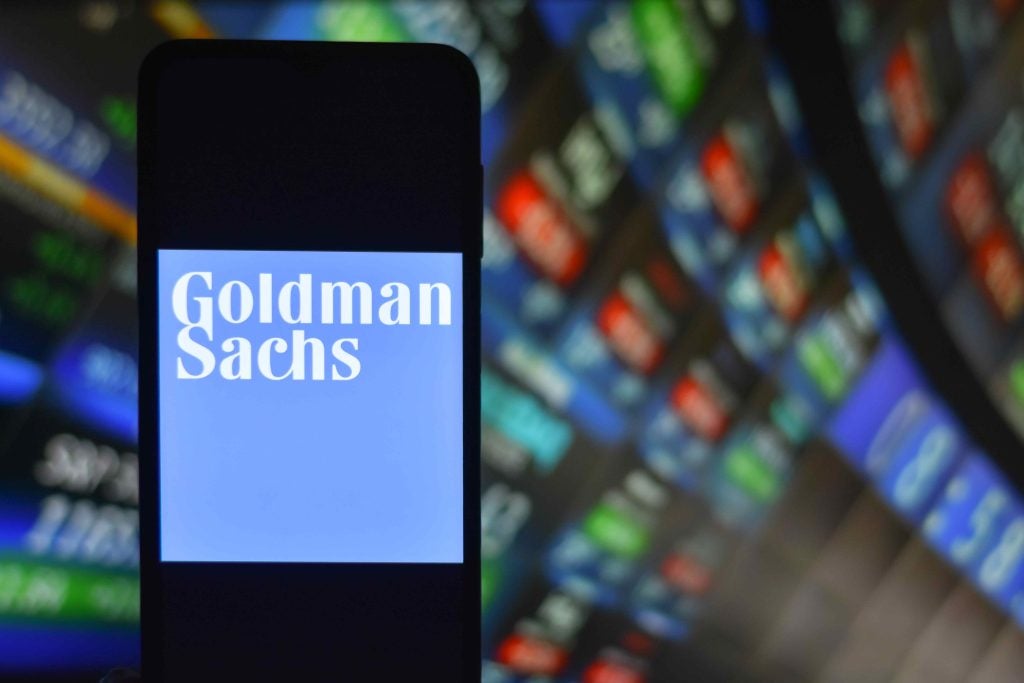
At the recent annual PBI London Conference and Awards, the prevailing theme was, once again, the threat and opportunity posed by technology to the private banking industry. The private banking sector, more than most, is shaped by customer demand. Will it too see the dawn of peak-digital, asks Oliver Williams, head of WealthInsight
At the recent annual PBI London Conference and Awards, the prevailing theme was, once again, the threat and opportunity posed by technology to the private banking industry.
The rise of digital technology in private banking has now clearly manifest itself as either a front office tool, for clients to micro-manage their portfolios via the internet, or a back office tool for tasks involving data.
Many of the PBI London Conference 2017 speakers, however, addressed not the current threats and opportunities, but ones that have not yet materialised. Many of the talks borrowed metaphors from successful tech companies (“the uber-moment for private banking” was heard one too many times), while others took passages from Harari on human-bionics and some went on to mention flying cars, foreboding an age where private banking as we know it will be redundant.
While automation changes the face of private banking on a daily basis, this article examines the possibility of a ‘peak-digital’ moment in private banking.
Already manifest in other industries, the ideal of peak-digital presupposes a limit to digital disruption, where technological innovation is severed not by science but consumer demand. Private banking is an industry which, more than most is shaped by consumer or customer demand. Will it too see the dawn of peak-digital?
‘Peak digital’ for other sectors
The first rumours of a peak-digital moment came two years ago from within the publishing industry. Forever forewarned about ‘e-readers’ (Kindles and the like), publishers were astonished when, in 2015, digital book sales fell from £563m to £554m in the preceding 12 months as physical book sales increased from £2.74bn to £2.76bn for the UK.
Following these figures were a string of announcements from the high street: Amazon has opened its first bricks and mortar bookshop and traditional chains Waterstones and Foyle’s have both returned to profit after years in the red.
If the publishing industry is a case study for digital reversal in which consumers fall back to old technology as the novelty of the new passes, the music industry is a window into a world beyond technology. At the turn of the millennium, digital condemned vinyls, cassettes and CDs to interiors of East London bars as any profit in their sales collapsed.
Now overwhelmed with musical choice online, consumers are instead clamouring for the intimacy and closeness lost in pre-recorded music, but found in live performances. Fans do not just want to listen to music, but they want to ‘experience’ it. Live is the new digital as concerts and festivals flourish in every corner of the country, appealing to all ages.
This is ‘post-digital’, a world that can never be replaced with a virtual reality headset or Facebook live video feed.
Lessons to note
While private bankers might struggle to take a leaf out of Michael Eavis’s book, they can certainly learn from the marketing of such experiences.
Like book stores before them, travel agencies were once abandoning the high street in droves as their customers turned to the internet for their holidays. They are now making something of a comeback.
Kuoni is growing its number of high street stores to 66 this year from two in 2008, Abercrombie and Kent opened their first storefront in Harrods in 2009 and Scott Dunn now welcomes visitors into its Putney Bridge office in London. Staffed with experienced advisors, these travel agencies are meeting a tide in demand for humanity in holidays.
As Kuoni notes, “[Customers] are coming into a store to speak to someone who can give them real insight and help guide them to the right holiday”. As these are all high-end travel agencies, it would seem that the affluent traveller is increasingly prepared to pay for expert advice and proper planning dispensed formally and face-to-face, not dissimilar to the average private banking client.
This approach to marketing and booking holidays is contrary to the data-first approach preached by marketers, not just at private banking conferences, but to all industries. Segmentation is the word of the day. Armed with the right data companies can automate everything from marketing to product design.
Thinking #MoreThanData
One bank making a stand against this standardisation is Investec Private Bank with its #MoreThanData campaign. In a series of videos, Investec asks clients to read their own demographic and education data-profile before assessing whether it is correct.
In every instance it isn’t, leading to Investec’s morale-of-the-story that, “It is impossible for cold data to tell us who they really are”. Head of Investec’s private bank in South Africa, Deon Katz says:
“We take the time to get to know our clients personally and professionally and form long-term relationships with them. This enables us to personalise our products and services and ultimately ensures an extraordinary client experience.”
Whether or not an over-reliance on data will lead to private banking’s peak-digital moment, it would seem some element of the current digital disruption is here to stay.
Just as online content complements the offline in books, music and travel, so digital platforms and applications are required to accompany traditional private banking services.
Fintech and technology companies will no doubt continue to steel market share from private banks. But convincing ourselves that all future threats will come from technology will serve only to distract us from the real threats.







